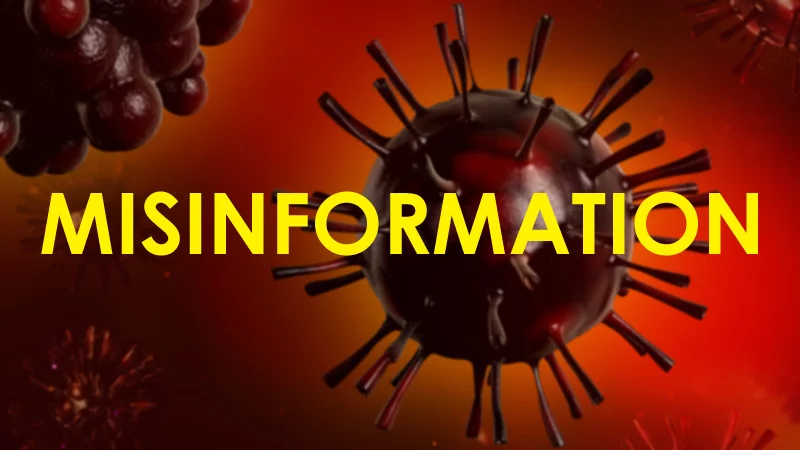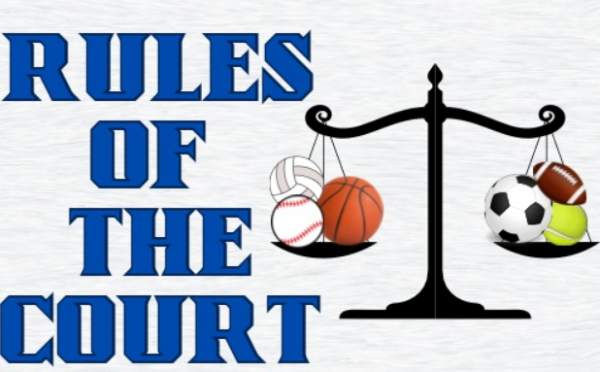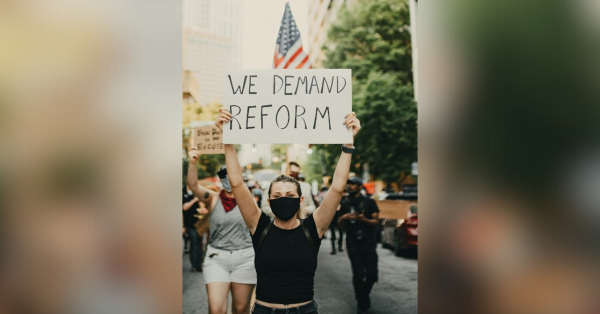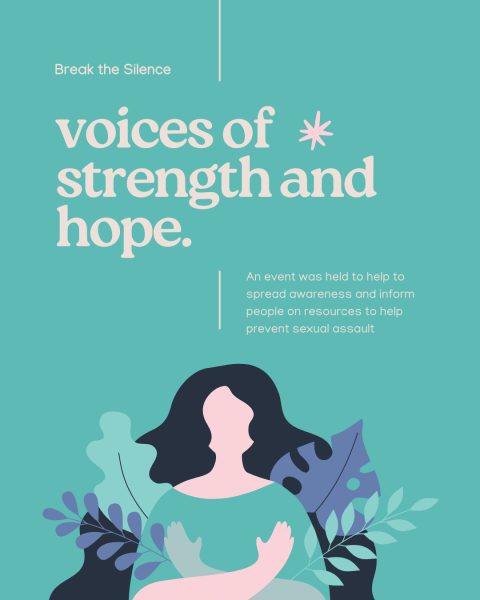COVID-19 and the Online Misinformation Frenzy
Within the past month or so, the world has been continuously bombarded with gutting information in relation to the coronavirus, commonly referred to as COVID-19. As a result, citizens around the globe have reacted to the virus in the most extreme ways. More recently, citizens of the United States have gone to strenuous lengths to ensure individual safety in ways they see fit. However, most of these actions taken by Americans have not only been influenced by the severity of the coronavirus but also the strong influence of information from the Internet.
As may be evident, people have grown to have a strong reliance on receiving important news and information from the Internet within the past decade. During these trying times, Americans have undoubtedly felt left in the dark about the true gravity of this untimely situation. This uncertainty, in part, stems from the extensive concern about the government’s way of handling COVID-19, as well as the assumption that the government has perpetually restricted information from the general public.
In times of such vulnerability, people become increasingly more susceptible to falling for coronavirus misinformation. It comes as no surprise that the information online oftentimes consists of fabricated information from laymen or everyday Internet users. As many online platforms are jam-packed with an uneven assortment of both reliable information and unreliable conspiracies, it can quickly become a matter of hundreds, if not thousands of people registering misinformation as the truth.
While we are all finding a vast number of ways to conquer a pandemic like COVID-19, it is immensely important to be aware of misleading information and conspiracy theories, as our reactions can greatly impact everyone’s life. Using a proper form of discernment and understanding that not all online information is reliable can be one of the first steps in the right direction.
Nonetheless, the current climate of Western society has continually appeared to reflect the actions of those who are awfully misinformed. As people continue to stockpile, leaving grocery store shelves overwhelmingly sparse, there has been an evident drawback resulting from the information consumed by the public. For reasons still unclear, people have turned to hoarding an abundance of toiletries, along with a number of common food items. Without clear governmental guidance, consumers have resorted to panic buying and stock hoarding based on online information.
Within the past week, I have personally encountered numerous online posts instructing people to immediately stock up on said items. The spread of such misinformation essentially encourages people to panic-buy. In the same sense, the lack of such common household items as toilet paper and hand sanitizer, throughout a widespread number of grocery stores can be concerning for others in need of these items. For some, this can perpetuate extended panic and lead to further hysteria.
Though it is understandable that one might want to remain prepared in times like this, it is equally important to be mindful of others as much as oneself. Most of all, we should all continue to take the safest precautions while disregarding the spread of misinformation in light of such a pandemic and panic.













